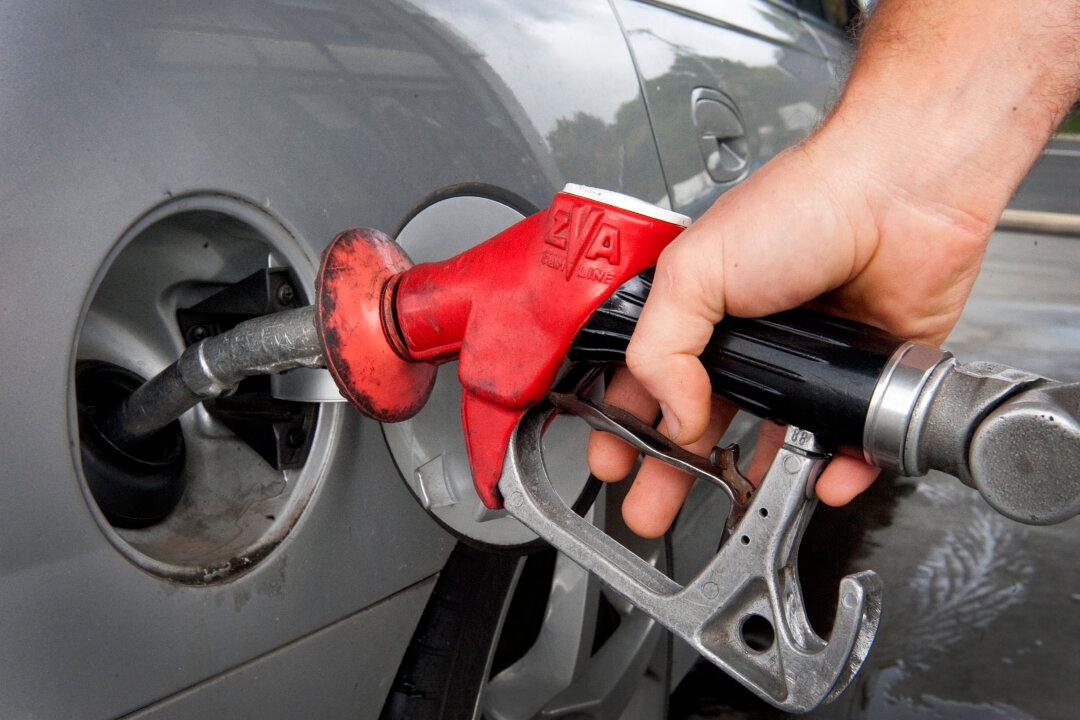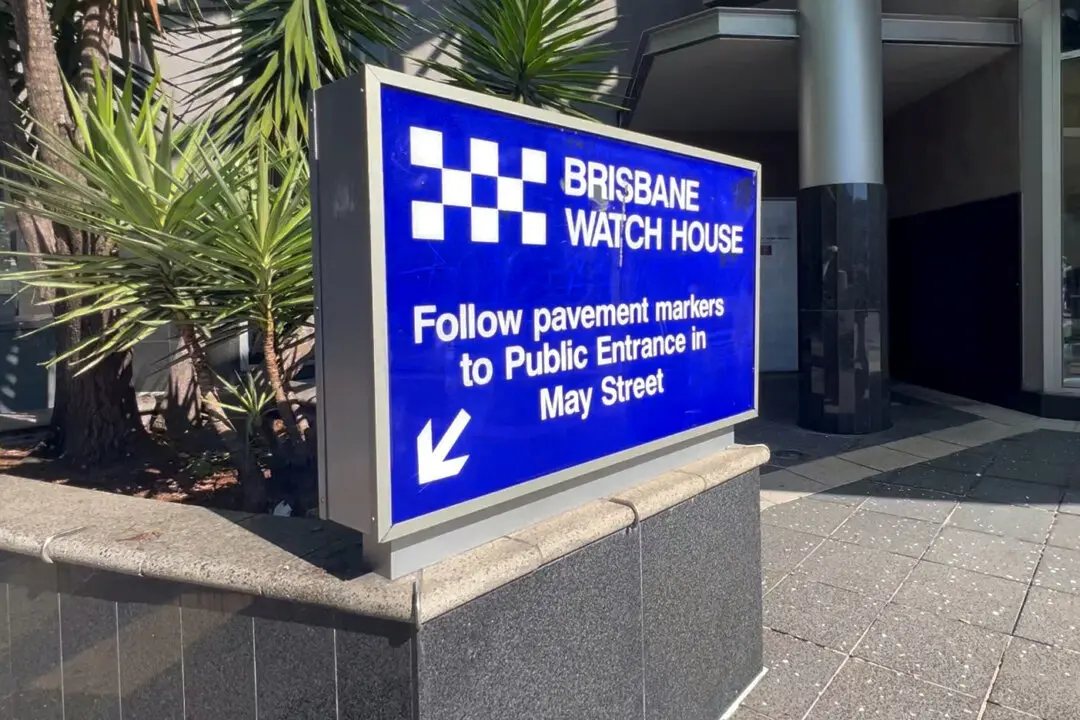Public transport and cost of living continue to be key election pillars for Queensland Labor Premier Steven Miles, with a new promise to roll-out government-run service stations.
The announcement comes on the back of earlier transport-related election promises including 50-cent public transport tickets (which started on Aug. 5) and cheaper vehicle registration fees.




